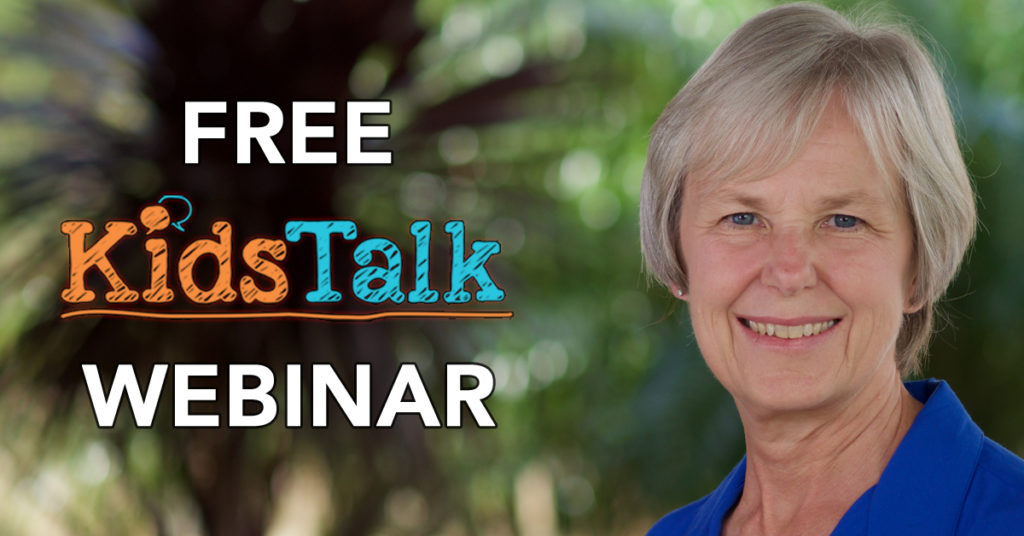
Since 2004, I have written this Kids Talk newsletter and blog.
The name, Kids Talk, comes from my desire to help adults understand what children need, if only children could express those needs clearly.
When we, as adults, seek to understand our children, we must begin by observing their behavior. We then look for feelings. We anticipate needs. We respect the requests of our children, who in every culture and generation have said, ”Help me help myself.”
At the center of most of our problems today–within ourselves, our families, our businesses, our countries and our world–is ineffective communication.
Experts who study and practice effective communication for years find themselves in the middle of misunderstandings. The challenge is immense.
The following four keys to understanding comprise the fundamental components of effective communication, the heart of all relationships.
- Observation of behavior
- Searching for feelings
- Anticipating needs
- Respecting requests
Over the next nine weeks, Kids Talk will focus on the skills needed for effective communication. Many of these ideas won’t be new to you, as in some way or another these concepts comprise the Kids Talk underlying theme.
My undergraduate degree was in Interpersonal and Organizational Communication, and over the years I’ve enlarged my understanding of communication techniques and tools through my work with children and their families.
I’ve used ideas from Carl Rogers to Mr. Rogers, Active Parenting, How to Talk So Kids Will Listen, The Seven Habits of Highly Effective People, What Do You Really Want For Your Children and Dale Carnegie’s How To Make Friends and Influence People, to only name a few.
These articles draw heavily from Marshall Rosenberg’s book, Nonviolent Communication: A Language of Life. Rosenberg writes that the language and communication skills given in his book are nothing new. We’ve known this information for centuries. We need to be reminded of what we already know.
Effective communication, nonviolent communication, compassionate communication, active communication, constructive communication, whatever we wish to call it, is essential to the health of our families, and thus to our world.
”We must be the change we wish to see in the world,” is often quoted from Gandhi.
To change the world, we must begin with ourselves. I urge you to read, learn and share this series of articles and to incorporate effective communication into your life everyday. My job is to remind you, and me, of what we may already know.
Let us begin!
The Effective Communication Series
1. Observing Without Evaluating
5. Connecting Needs To Feelings
6. When Needs Are Not Fulfilled
7. Learning To Request What You Need
8. Receiving Information With Understanding And Compassion
9. Listening To Ourselves With Compassion
References:
- Carnegie, Dale. How To Win Friends and Influence People. Simon and Schuster. New York. 1936, 1981.
- Covey, Stephen. The Seven Habits of Highly Effective People. Simon and Schuster. New York. 1989.
- Dyer, Wayne, What Do You Really Want For Your Children. HarperCollins. New York. 1985.
- Faber, Adele and Mazlish, Elaine. How to Talk So Kids Will Listen, Avon Books. New York. 1980.
- Petersen, James C. Why Don’t We Listen Better? Petersen Publications. Portland, Oregon. 2007.
- Popkin, Michael. Active Parenting. Active Parenting, Inc. Atlanta. 1983.
- Rosenberg, Marshall. Nonviolent Communication: A Language of Life. PuddleDancer Press. Encinitas, CA. 2003.


One Response to “Announcing The Effective Communication Series”